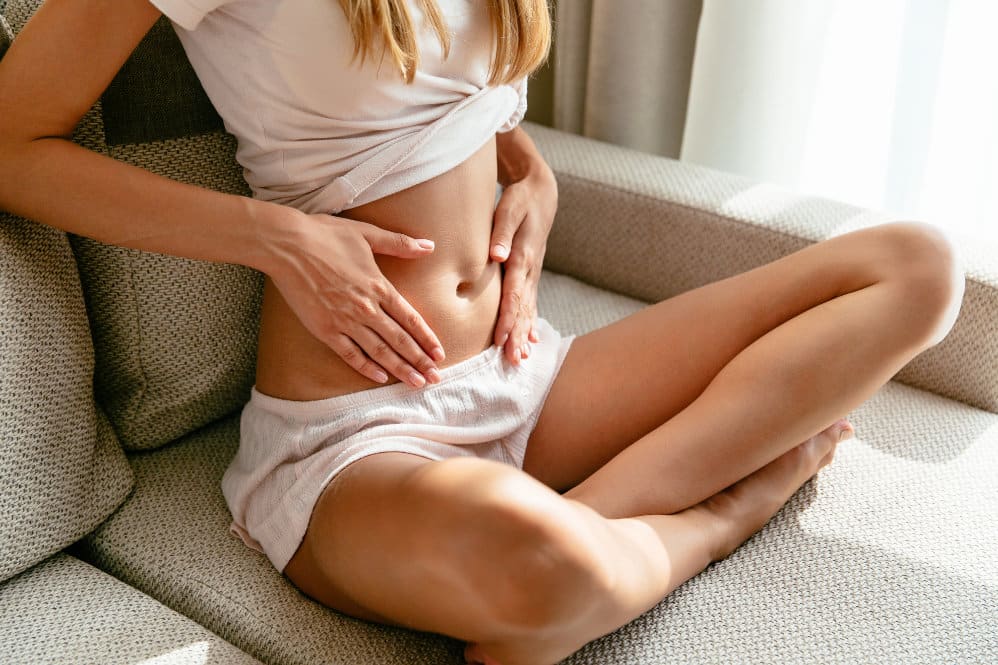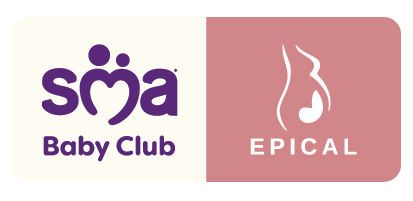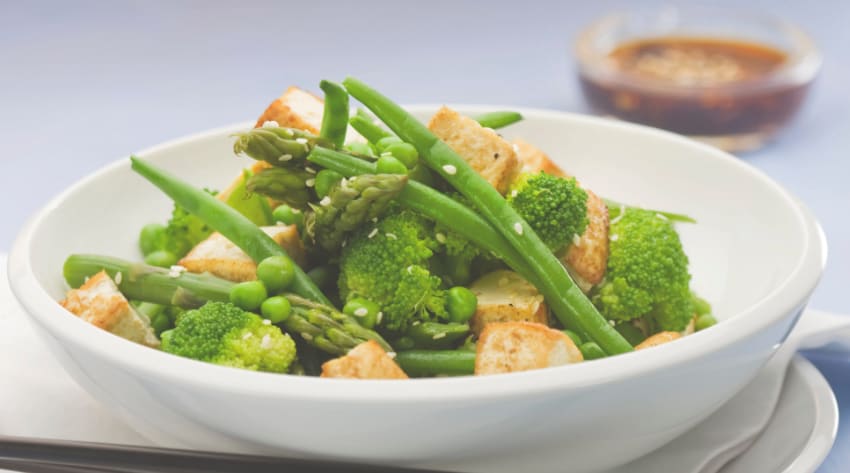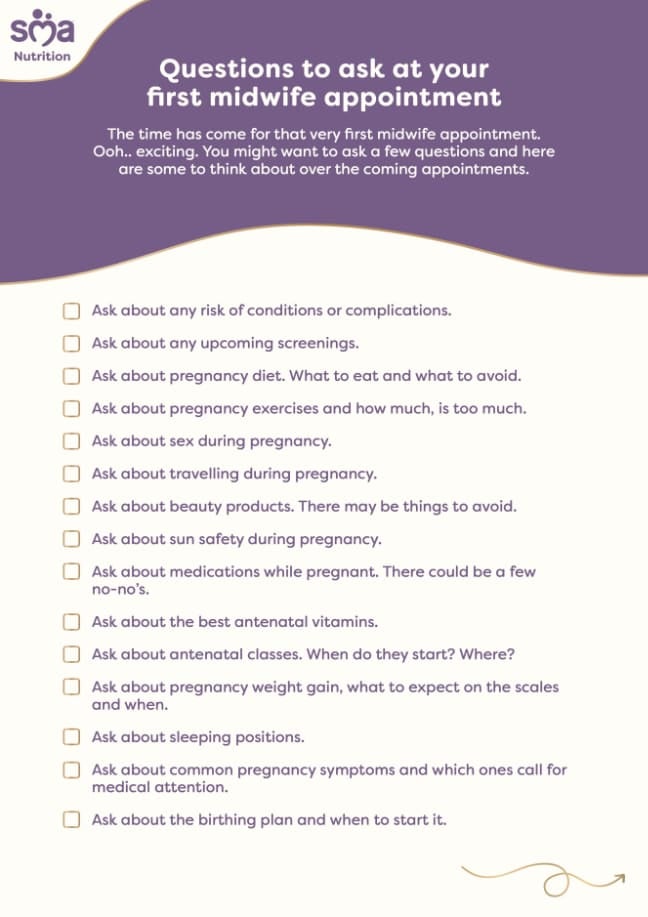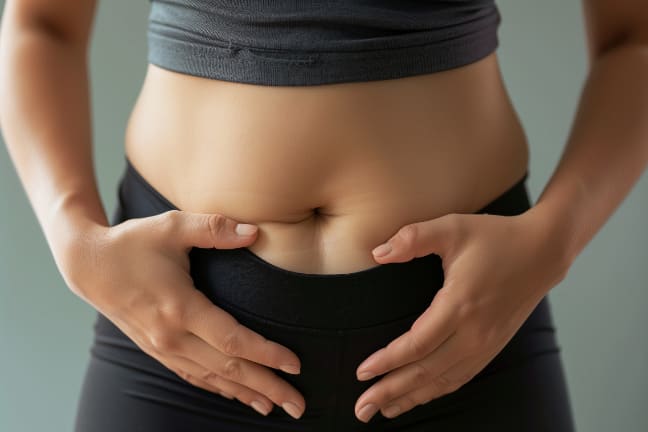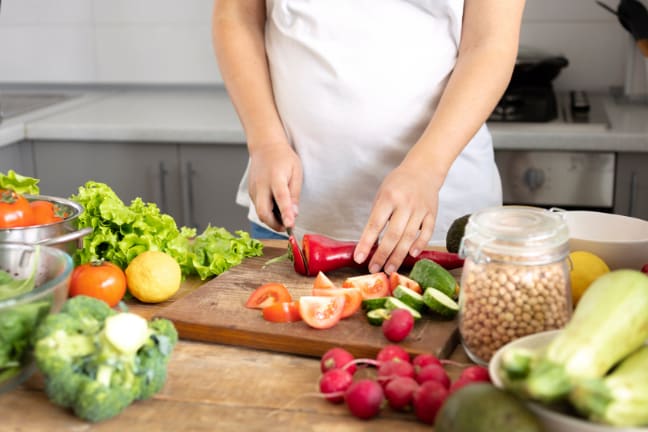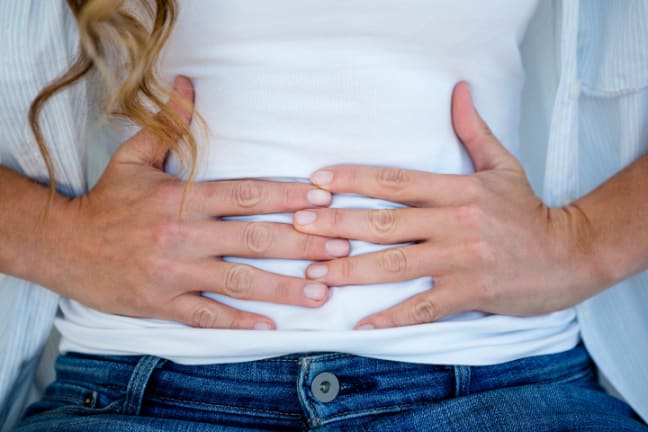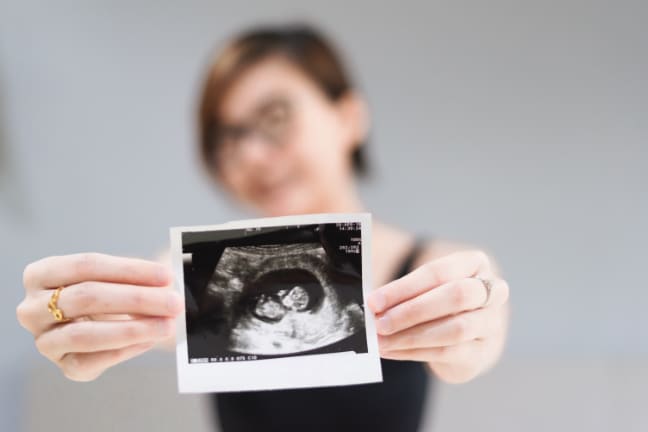Introduction
You’re actually pregnant. Has it even sunk in yet? Well, baby certainly has. Folic acid and vitamin D are big supplements for pregnancy to take early on. Food safety in pregnancy is a big deal. Take extra care with the food you prepare so you avoid food poisoning during pregnancy. Learn more about baby’s development at 6 weeks and what food to eat when you are pregnant in this article.
What happens at 6 weeks pregnant?
The egg cell has implanted in your uterus. Baby is already a whopping 6mm this week and is starting to form the teeniest nose, eyes, ears, chin and cheeks.
The 6th week of pregnancy is also an important milestone in terms of embryonic development. It’s the beginning of what is tongue-twistingly called organogenesis. In normal speak that means when the internal organs are starting to form. Your baby will look like a tiny decimal point floating in amniotic fluid. The foetal-placental circulation is up and running too.
Amazingly, since conception, your baby’s weight has multiplied 10,000 times.
What happens to your body at 6 weeks pregnant?
At 6 weeks pregnant you will have no more periods! Sadly, that rarely means no more period-like symptoms. Once the fertilised egg implants in your uterus, those pregnancy hormones come crashing in and play havoc with your emotions. Tears one minute, laughter the next and that queasy feeling can come and go too.
Let’s not forget their main job though – those hormones are essential to help baby grow. Plus, they help form the placenta, which supplies baby with oxygen and nutrients while providing protection from germs and pollutants. Last but not least, if you haven’t given up smoking yet, now’s the time to do it (Dads too!).
What food to eat at 6 weeks pregnant?
Folic acid, and vitamin D are the two supplements recommended for pregnancy. Vitamin supplements are a good way of making sure you get the whole lot every day. In fact, the Department of Health recommends that women should take a daily supplement of 400 micrograms of folic acid for the first 12 weeks of pregnancy to help prevent spina bifida. They also recommend a daily supplement of vitamin D throughout your pregnancy. Do be sure to choose vitamin supplements specifically tailored for pregnancy.
Protein is also an essential part of a healthy pregnancy diet because it transports nutrients around the body, to get them to baby. Animal protein in particular is rich in amino acids that the body can’t produce.
Here’s a few tips about what to eat when pregnant:
- Eat your greens. Almost anything green contains folate. Kale. Spinach. Avocado. Asparagus.
- Up your iron. A nice juicy steak or a lamb roast, a very tasty way to boost your iron levels.
- Be pro-protein. Eggs, meat and dairy contain the protein you need and plenty of essential amino acids.
- Veggie? Lentils, tofu, beans and pulses all have plenty of protein and iron too. Just eat an extra portion a day.
Read the full list of what to eat when pregnant.
Remember to take special care when preparing meals to avoid the risk of food poisoning. Thoroughly cook your meat and wash your hands before cooking. Always give your fruit and veg a good scrub too, and clean the fridge regularly. Plus, avoid eating leftovers as bacteria might have had a chance to grow. Just remember, a little caution will keep you and your baby healthy and happy.
If you’re getting morning sickness, check out our morning sickness survival guide.
What are the symptoms of 6 weeks pregnant?
Week 6 pregnancy symptoms often is sore breasts and could be a clue in the first couple of weeks, even before a pregnancy test can detect it.
Rising oestrogen and progesterone levels can make your boobs feel tender - like when you first get your period. Just a few weeks after conception your breasts might feel larger, swollen and more sensitive than usual.
What happens at the first midwife appointment?
At 10 weeks pregnant or before, you usually have your first midwife appointment. It’s a good idea to book it in now as midwives can have very busy diaries. This is when your pregnancy journey feels like it’s really begun and it can be the first time it sinks in that you’re actually having a baby. You’ll talk to your midwife about your medical history and your obstetric history (aka your pregnancy history). You might also have a couple of standard blood tests, so this first visit could take an hour or more.
Questions to ask at the first midwife appointment? Read our handy midwife appointment checklist below or download and take with you to the appointment. If you’re feeling nervous about anything, this is a great chance to discuss any little worries and put your mind at rest.
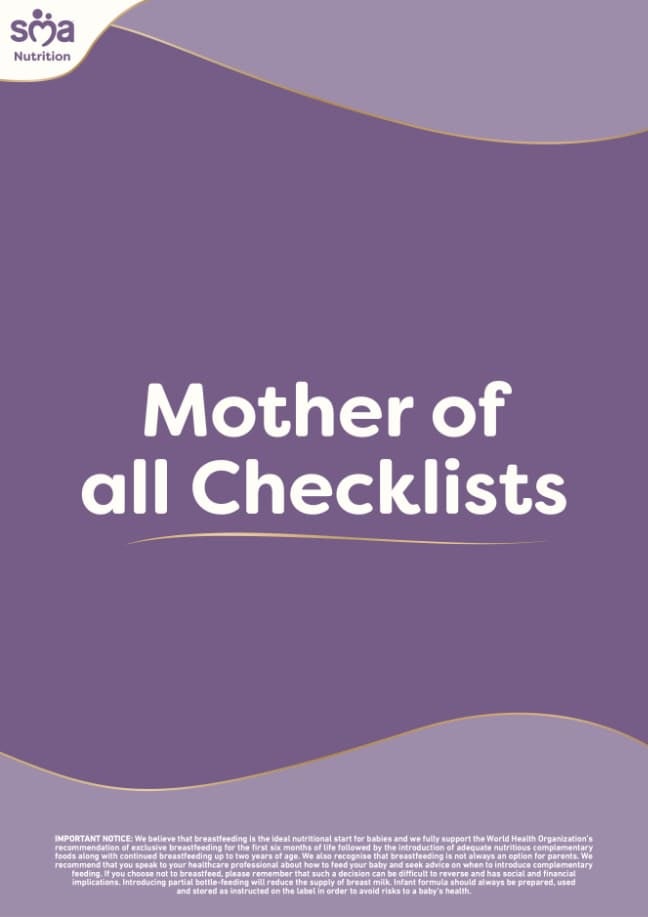
Join SMA® Baby Club to receive the Mother of all Checklists. With 63 checklists across your parenting journey from pregnancy through to toddlerhood we have you covered.



